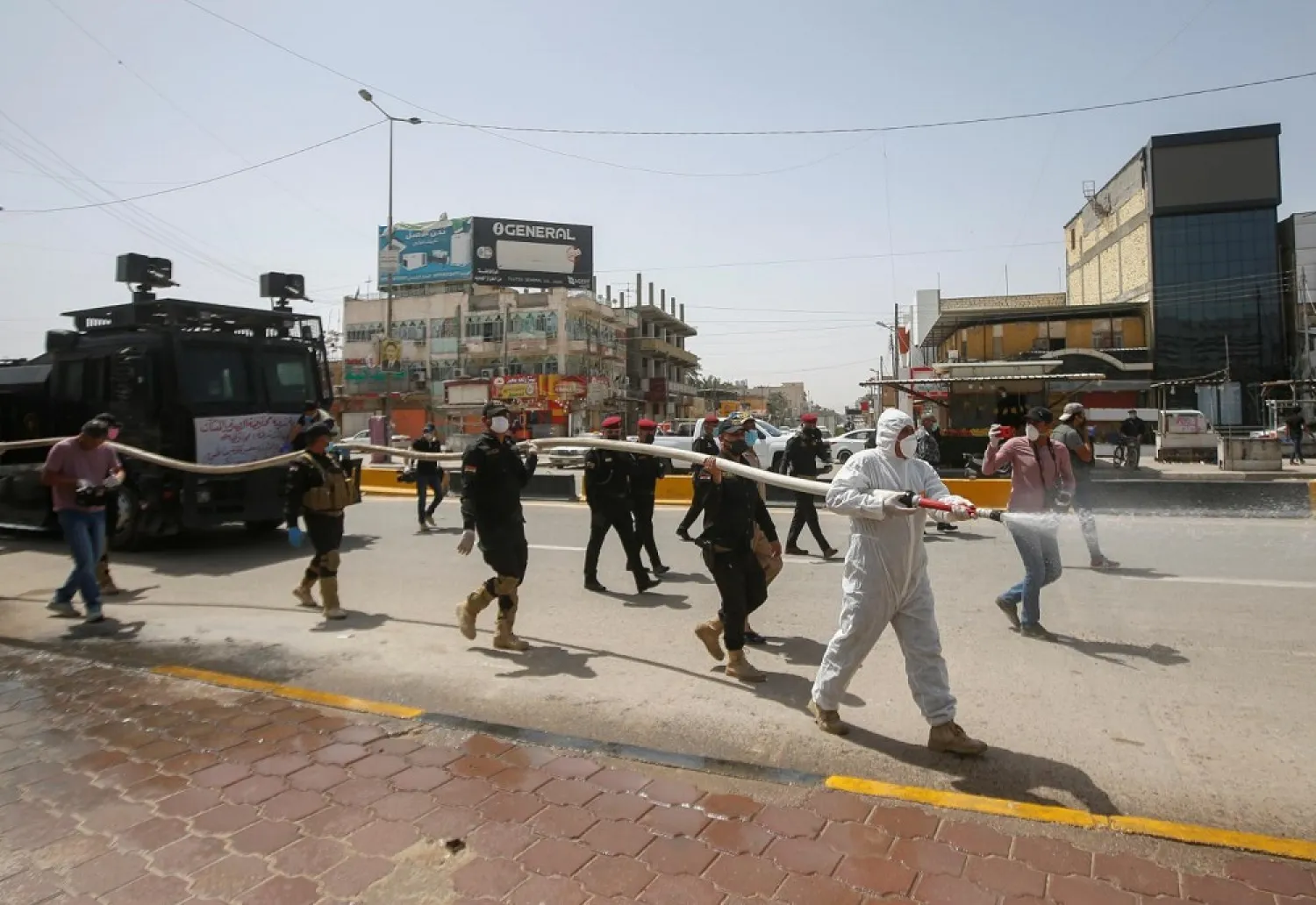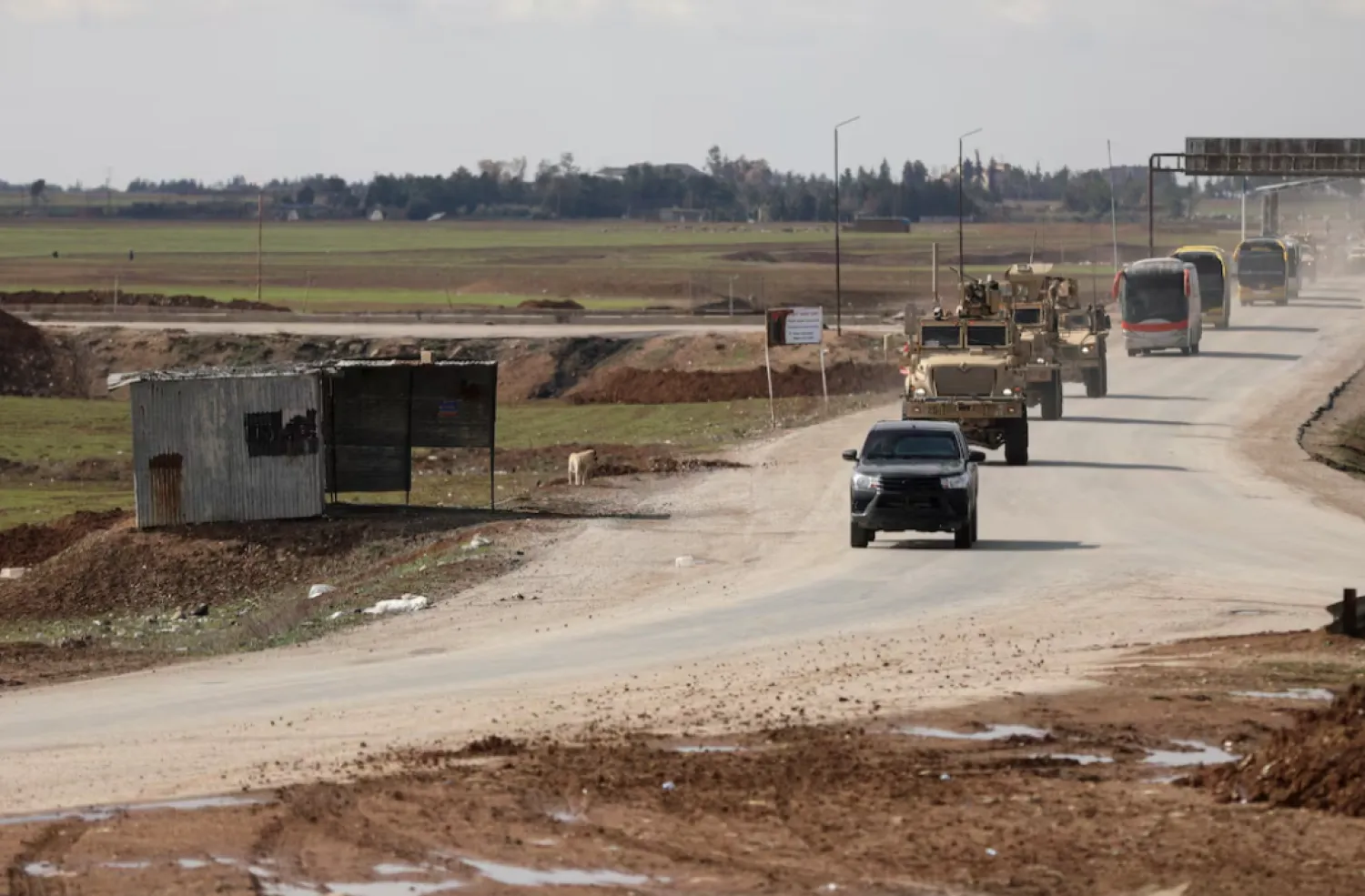In the Moroccan village of Ouled Salama, 63-year-old farmer Mohamed Reouani waded through his crops, now submerged by floodwaters after days of heavy downpours.
Farmers in the North African kingdom have for the past few years endured severe drought.
But floods have now swamped more than 100,000 hectares of land, wiping out key crops and forcing farmers in the country's northwest to flee with their livestock, AFP reported.
"I have about four or five hectares" of crops, Reouani said. "All of it is gone now."
"Still, praise be to God for this blessing," he added while looking around at the water.
Morocco, where agriculture employs about a third of the working-age population, has seen seven consecutive years of drought.
As of December, its dams were only around 30 percent full on average, and farmers have largely relied on rainwater for irrigation.
Now their average filling rate stands at nearly 70 percent after they received about 8.8 billion cubic metres of water in the last month -- compared to just 9 billion over the previous two years combined.
- 'Took everything' -
Many like Reouani had at first rejoiced at the downpours.
But the rain eventually swelled into a heavy storm that displaced over 180,000 people as of Wednesday and killed four so far.
In his village, the water level climbed nearly two metres, Reouani said. Some homes still stand isolated by floodwater.
Elsewhere, residents were seen stranded on rooftops before being rescued in small boats.
Others were taken away by helicopter as roads were cut off by flooding.
Authorities have set up camps of small tents, including near the city of Kenitra, to shelter evacuees and their livestock.
"We have no grain left" to feed the animals, one evacuee, Ibrahim Bernous, 32, told AFP at a camp. "The water took everything."
Bernous, like many, now depends on animal feed distributed by the authorities, according to Mustapha Ait Bella, an official at the agriculture ministry.
At the camps, displaced families make do with little while waiting to return home.
"The problem is what happens after we return," said Chergui al-Alja, 42. "We have no grain left to feed our livestock, and they are our main source of income."
- Five percent growth -
On Thursday, the government announced a relief plan of some $330 million to provide aid to the hardest-hit regions.
A tenth of that sum was earmarked for farmers and livestock breeders.
Rachid Benali, head of the Moroccan Confederation of Agriculture and Rural Development, told AFP farming was "among the sectors most affected by the floods".
But he said "a more accurate damage assessment was pending once waters recede".
Benali added that sugar beet, citrus and vegetable farms had also been devastated by flooding.
Agriculture accounts for about 12 percent of Morocco's overall economy.
The International Monetary Fund anticipates that the massive rainfall will help the economy grow by nearly five percent.
Authorities are betting on expanded irrigation and seawater desalination to help the sector withstand increasingly volatile climate swings.
While Morocco is no stranger to extreme weather events, scientists say climate change driven by human activity has made phenomena like droughts and floods more frequent and intense.
Last December, flash floods killed 37 people in Safi, in Morocco's deadliest weather-related disaster in the past decade.
Neighbouring Algeria and Tunisia have also experienced severe weather and deadly flooding in recent weeks.
Further north, Portugal and Spain have faced fresh storms and torrential rain.









